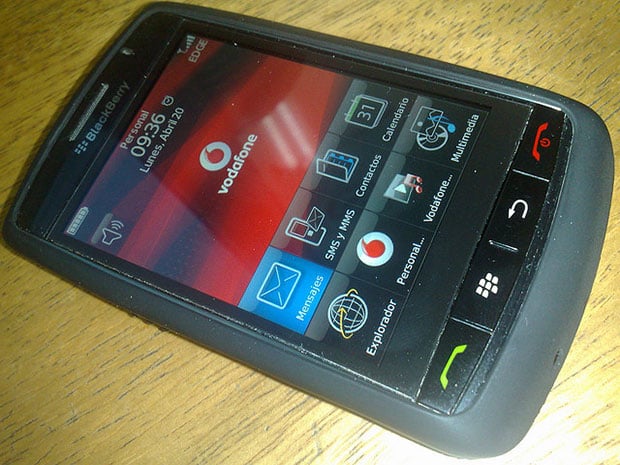Epic ‘Storm’ Sparked BlackBerry’s Dreadful Downfall Says Former CEO
It's hard to imagine that BlackBerry was one of the fastest growing tech companies at one point. Back then, the Canadian company was known as Research In Motion (RIM) and it was kicking tail. Fast forward to today and BlackBerry is struggling not just to compete with the likes of Apple and Samsung, but for relevancy in the mobile world. So, what went wrong?
If you ask former co-chief executive Jim Balsillie, he'll tell you that BlackBerry's Storm handset was a major mistake. Speaking at The Empire Club of Canada, Balsillie offered some candid insight into BlackBerry's rise and fall from prominence. But where things get really interesting is when he talks about the Storm, a handset that had a 100 percent return rate at Verizon.

At the time the Storm came out, Balsillie says BlackBerry was owning the low-end market with devices that were flying off of store shelves. It was a good moment in time for the company, but where it erred is in trying to compete with the iPhone in the premium sector. It also didn't help that AT&T went all-in with the iPhone, as at the time it was BlackBerry's second largest customer. And ironically enough, Verizon had asked BlackBerry if it could build a touchscreen device, which is partially how the Storm came to be.
Balsillie said the impact of the Storm was "devastating," noting that Verizon, it's top customer at the time, fired BlackBerry as a vendor.
"There's a fine line between ambition and biting off more than you can chew," Balsillie said. "With Storm we tried to do too much. It was a touch display, it was a clickable display, it had new applications. It was all done in an incredibly short period of time and it blew up on us."

Balsillie says it was at that time he knew BlackBerry couldn't compete on high end hardware anymore. That was a major blow, considering it had lost its number one customer, and its number two customer was infatuated with the iPhone.
Fast forward to today and BlackBerry's share of the market is barely perceptible compared to Android and iOS. The company obviously hasn't given up, but it certainly faces an uphill battle.

